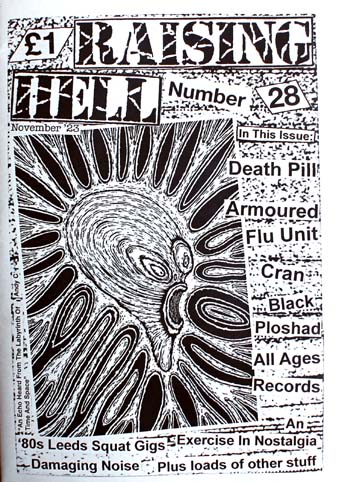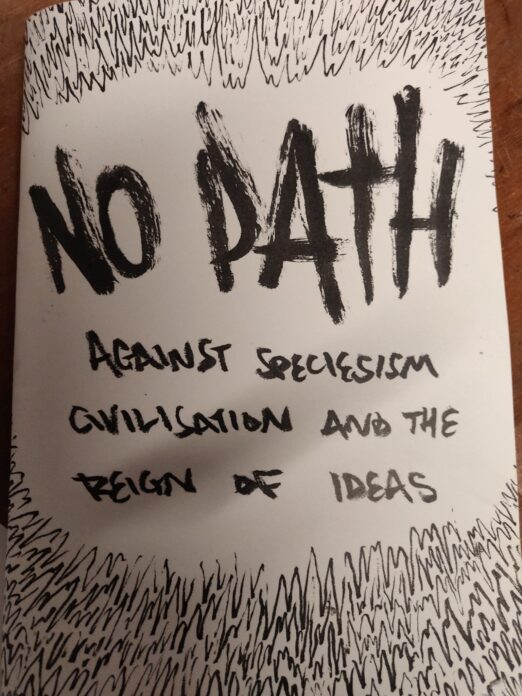Was My Friend a Spycop?
£1.50
A guide to the do’s and don’t’s of investigating if a comrade was an undercover police officer Also a guide to investigating suspicions and providing support for those affected by undercover police activities.
In stock
Description
At Undercover Research Group we are regularly approached by individuals and groups who suspect someone in their group may be an undercover police ofcer. Tey usually hope we can confrm these suspicions, but unfortunately it is never that simple: there is no public database of undercover ofcers, and fnding proof is a long process of research and elimination—even when the evidence against them is substantial. So far, almost every successful investigation into an undercover ofcer has started with a group of people who knew the ofcer. In these cases the frst step was for the group to share and discuss concerns. Over the years we have seen a variety of good and bad practice, but the important thing is that group of people has control over the process—that it starts and ends with them. Te Undercover Research Group can help with the bit in the middle, giving advice and doing the more specialist research. As we constantly tell people, it is not enough to have suspicions—suspicions alone never justify spreading rumours or making public statements about individuals. If you have well-founded suspicions then the onus is on you to investigate frst and then to provide solid evidence to back up your claims. People who make unfounded allegations without doing the necessary groundwork need to be called out for being disruptive and ofensive. Unchecked, this behaviour leads to the destruction of groups and can cause personal harm. In this pamphlet we provide some tips, guidelines and advice on potential pitfalls to help get you started on an investigation—much is best practice that has developed over the last decade. (Note: in places it assumes a UK based model of undercover policing which may not be applicable in other countries)




